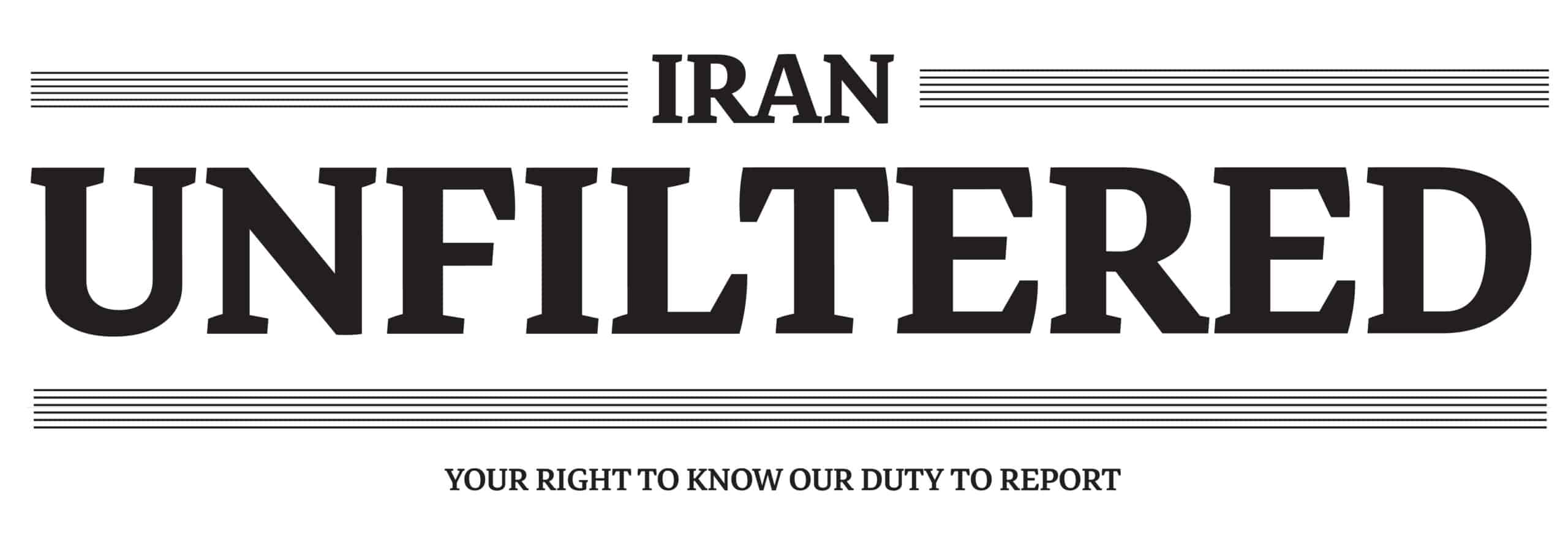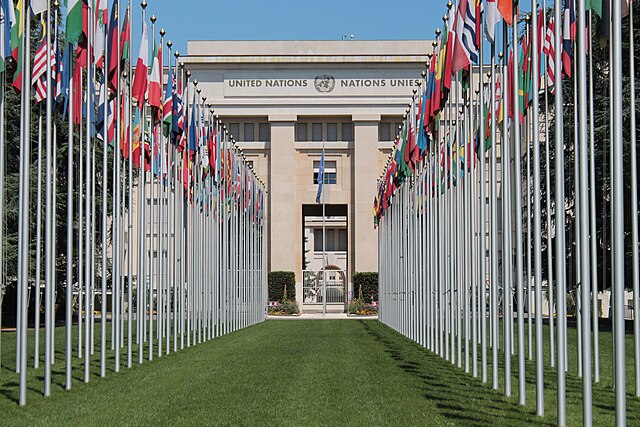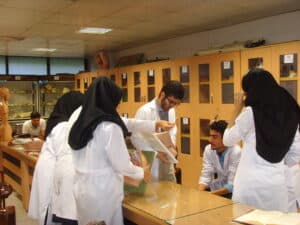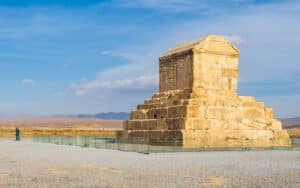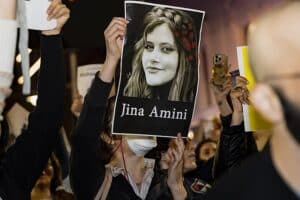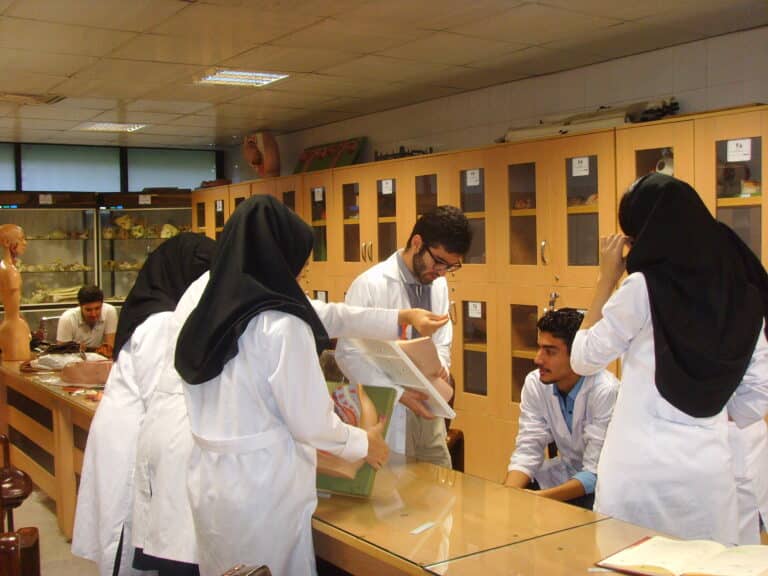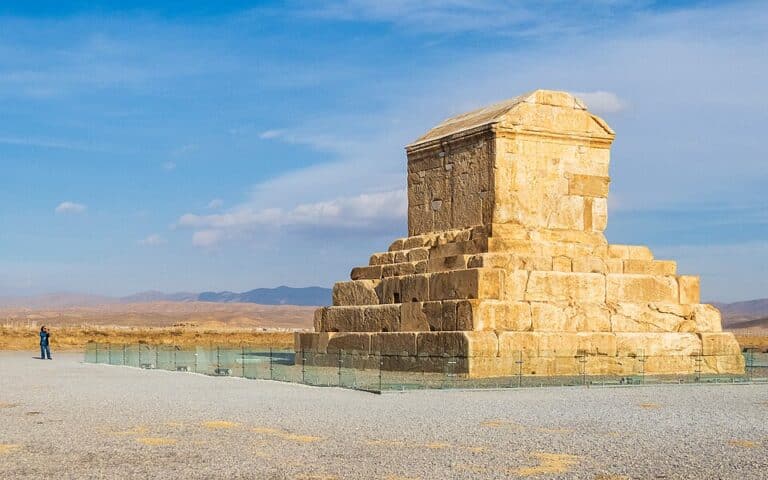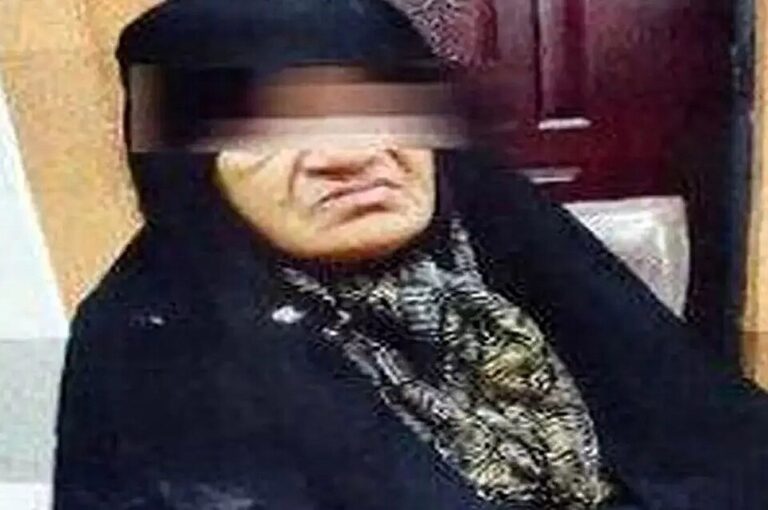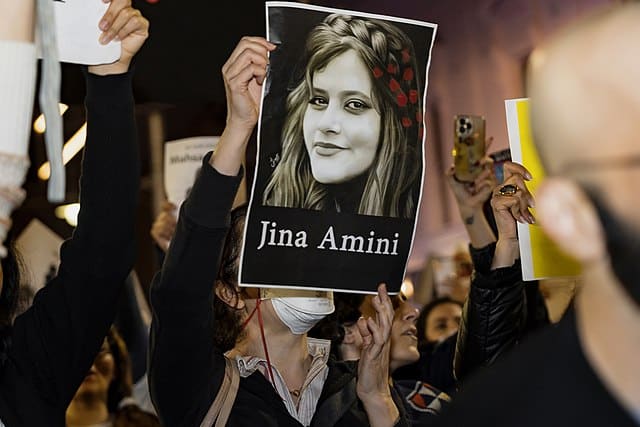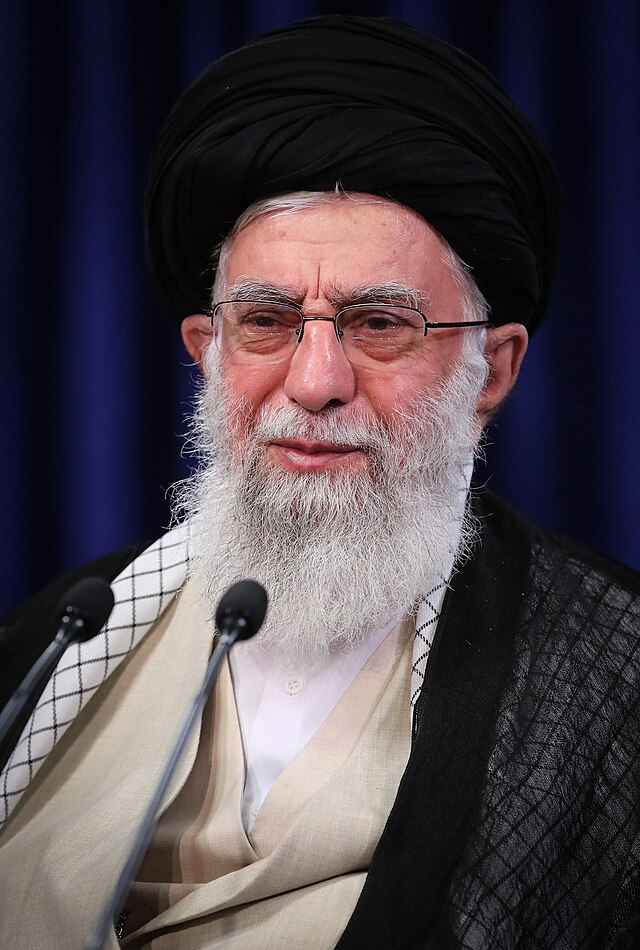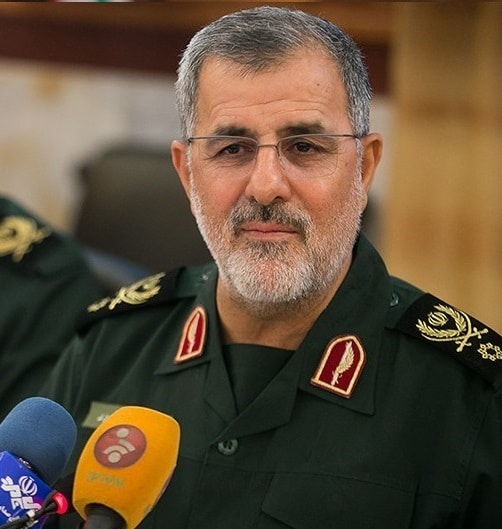European powers move closer to triggering the long-dormant “snapback” sanctions mechanism against Iran after talks in Geneva have led to no breakthrough, with the E3 foreign ministers informing U.S. Secretary of State Marco Rubio that the measure would be invoked on Thursday, August 28, 2025. The decision follows years of what they describe as flagrant Iranian breaches of the 2015 nuclear deal and Tehran’s refusal to offer corrective steps. While Iranian foreign minister Abbas Araghchi signaled readiness for “fair and just” talks with the E3 and indirect dialogue with Washington, reactions inside Iran tow a different line: former parliamentarian Alaeddin Boroujerdi issued a veiled threat that if Iran’s oil exports are halted due to the snapback, “something will happen” to prevent others from exporting oil as well. Mostafa Najafari, advisor to Mohsen Rajai, denies the legitimacy of the snapback altogether and dismisses the move as European “vengeance” linked to the war in Ukraine.
Iran’s economy faces mounting strain as key indicators worsen ahead of the looming snapback sanctions. Regime media attempt to underscore growth, stating that benzine production has risen 7% year-on-year to 140 million liters per day, and electricity generation is expanding with a target of 7,000 megawatts by year’s end. Yet economists warn of a deepening crisis: According to the Statistical Center of Iran, households now spend up to 70%, and in some cases the entirety of one salary, on housing. Economist Fardin Yudani predicted a freeze in the residential market, citing declining investment and production. In light of the housing crisis, the Iran newspaper urged an overhaul of housing policy, noting that the current approach has blocked lower-income citizens from homeownership. Additionally, further reports from the Statistical Center show that inflation reached 36.3% by August 2025, with families paying 42.2% more for the same basket of goods compared to last year, as the rial approaches one million per U.S. dollar. The Trade Office’s worst-case forecast for the upcoming year warns that if sanctions are triggered, the rial could sink to 1,630,000 per dollar, GDP contract by 3%, foreign investment drop from $1 billion to $400 million, oil revenues halve from $33 billion to $18 billion, the stock exchange tumble from $100 billion to $65 billion, and unemployment surge from 9.6% to 14%. Iranian state media has criticized the Trade Office for these predictions.
In an interview with Ranj Baran, advisor to Foreign Minister Abbas Araghchi, Mohammad Sadr, former aide to President Khatami and current member of the Council for Iranian Interests, accused Russia of revealing the locations of Iran’s air defenses to Israel and further alleged that Israel was behind the assassination of conservative President Ebrahim Raisi. The incendiary remarks provoked fierce backlash from the government: the judiciary swiftly indicted Sadr, while Baran was compelled to resign from his advisory role at the foreign ministry.
The Institute for Science and International Security has reported that Iran is attempting to conceal nuclear activity at the Lavizan facility, where satellite images show accelerated efforts between June and August 2025 to dismantle structures damaged in earlier attacks, including those tied to the Institute of Applied Physics. The IAEA has long linked the site to Iran’s clandestine nuclear program but has never been granted access or allowed to interview personnel. The deputy foreign minister confirmed that IAEA inspectors no longer monitor Iranian nuclear sites beyond fuel exchanges at Bushehr and warned that European sanctions would end all cooperation, and a member of the security council of the Iranian parliament (Majles) insisted that even if international inspections are to be resumed, inspectors would only be permitted in the country if they were Russian. At the same time, the regime unveiled a vast mural of centrifuges in Revolution Square, celebrating uranium enrichment as a symbol of defiance.
Amnesty International has called for an immediate halt to the executions of four Kurdish political prisoners, Rezgar Beigzadeh Babamiri, Ali (Soran) Ghassemi, Pezhman Soltani and Kaveh Salehi, arrested during the “Woman, Life, Freedom” protests and sentenced to death in July. The group condemned the judicial process, noting that it consisted of three hearings lasting no more than 10 minutes each, with defendants denied legal representation for months. During the trial, the judge barred Rezgar Beigzadeh Babamiri from speaking and expelled his lawyer from the courtroom. Amnesty further revealed that the men’s confessions were coerced under torture and later broadcast on state media to justify the charges.
Photograph: John Samuel, Wikimedia Commons
